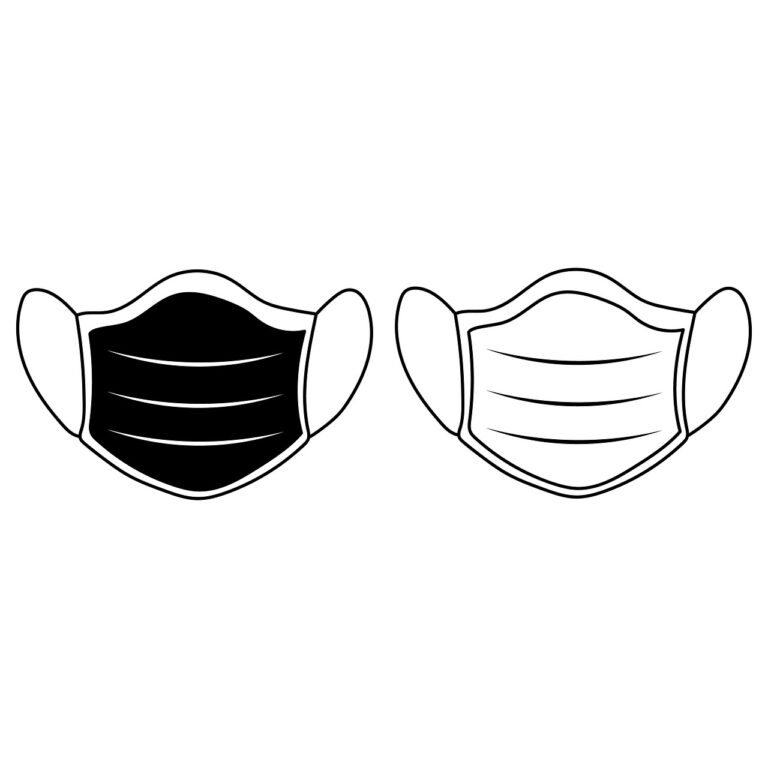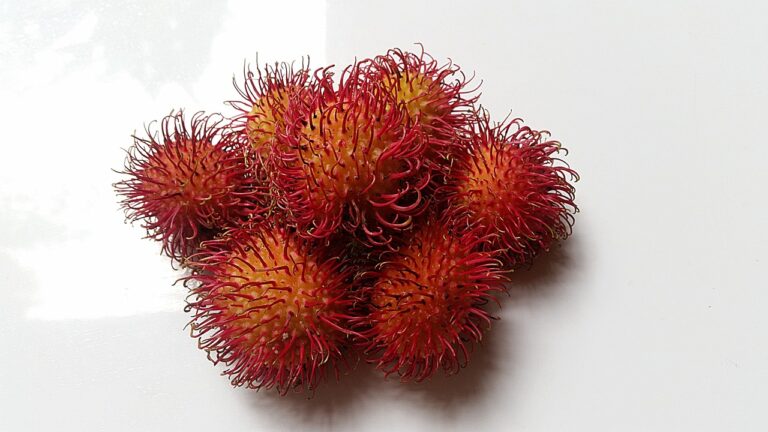The Promise of Stem Cell-Derived Liver Tissue for Regenerative Medicine
Stem cells have shown great promise in the field of liver regeneration due to their ability to differentiate into liver cells. This offers a potentially groundbreaking solution for patients with liver diseases that might otherwise require a transplant. By harnessing the regenerative potential of stem cells, researchers are aiming to develop innovative therapies that could revolutionize the way we treat liver conditions.
The regenerative properties of stem cells offer hope for patients with liver damage caused by various factors such as chronic alcohol consumption, hepatitis, or genetic disorders. This approach holds the potential to not only improve the quality of life for these individuals but also reduce the burden on healthcare systems by providing alternative treatments to liver transplantation. The exploration of stem cells in liver regeneration opens up a new avenue of research that could lead to significant advancements in medical science.
Current Challenges in Liver Transplantation
Liver transplantation is a life-saving procedure for individuals with end-stage liver disease. However, one of the major challenges in liver transplantation is the shortage of donor organs. This scarcity leads to long waiting times for patients in need, increasing the risk of disease progression and mortality.
Another significant challenge in liver transplantation is the risk of organ rejection. Despite advancements in immunosuppressive medications, the immune system of the recipient can still recognize the transplanted liver as foreign and mount an immune response against it. This rejection can lead to complications and the need for additional medical interventions to manage it effectively.
Advantages of Using Stem Cell-Derived Liver Tissue
Stem cell-derived liver tissue holds significant advantages in regenerative medicine due to its potential to alleviate the shortage of donor livers for transplantation. This innovative approach offers a renewable source of liver cells that can be tailored to individual patients, reducing the risk of organ rejection and the need for lifelong immunosuppressive medications. The ability to generate functional liver tissue from stem cells also opens up new avenues for studying liver diseases and developing personalized treatment strategies.
Furthermore, using stem cell-derived liver tissue has the added benefit of providing a platform for drug testing and toxicity screening. This can lead to more efficient drug development processes by allowing researchers to assess the safety and efficacy of potential treatments on human liver cells before clinical trials. Additionally, these engineered liver tissues can mimic the complex cellular interactions and functions of native liver tissue, providing a more accurate model for studying diseases and evaluating therapeutic interventions.
Stem cell-derived liver tissue offers a renewable source of liver cells
Tailored to individual patients, reducing risk of organ rejection
Reduces need for lifelong immunosuppressive medications
Opens up new avenues for studying liver diseases and developing personalized treatment strategies
Provides a platform for drug testing and toxicity screening
Allows assessment of safety and efficacy of potential treatments on human liver cells before clinical trials
Mimics complex cellular interactions and functions of native liver tissue
Provides more accurate model for studying diseases and evaluating therapeutic interventions
What is the potential of stem cells in liver regeneration?
Stem cells have the ability to differentiate into liver cells, offering the potential for regenerating damaged liver tissue.
What are some current challenges in liver transplantation?
Some challenges in liver transplantation include donor shortages, risk of rejection, and need for lifelong immunosuppressive therapy.
What are the advantages of using stem cell-derived liver tissue?
Stem cell-derived liver tissue offers the potential for personalized treatment, reduced risk of rejection, and the ability to regenerate damaged liver tissue without the need for a donor organ.







